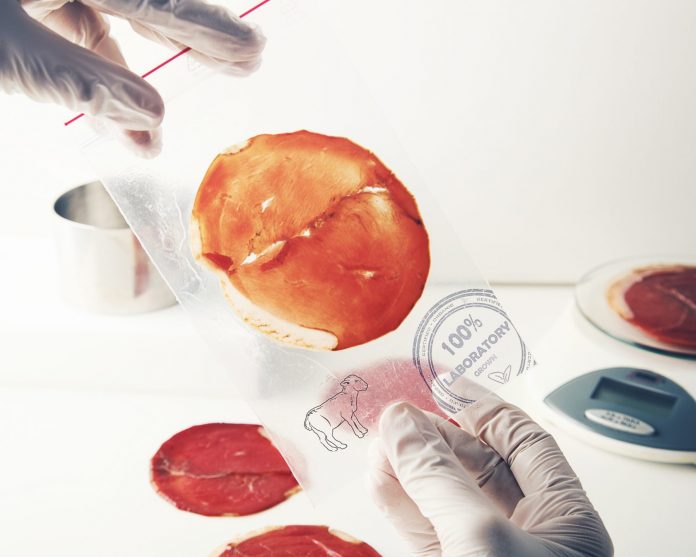Guilt-free, lab-grown meat has always been in sight, but just out of reach. Japanese scientists think they may have found the answer to producing it commercially.
Text Lim Jun Xi
The concept of “clean meat” – meat grown in cell culture in a laboratory – was first demonstrated using cells from guinea pigs by American scientist Russell Ross in 1971. Since then, scientists around the world have been actively working on clean meat research, but despite successes in the laboratory, large-scale production is still inhibitively expensive.
The advantages of clean meat are obvious. Since the meat does not involve rearing of livestock, it reduces greenhouse emissions and overgrazing of land. Moreover, the sanitised conditions mean it is disease-free and its nutritional content can be altered to produce healthier or tastier meat. However, these benefits come at a phenomenal price – in 2013, the cost of clean meat production was estimated at more than USD100,000 per kilogram.
In November last year, Japanese research company Integriculture Inc signed a clean meat development research contract with the Japan Science and Technology Agency, the first time a national-level research agency has explicitly funded cellular agriculture research in Japan. The study will look at the development of a low-cost animal-free culture medium, and the technology that will make it commercially possible. The company has already driven down the cost of clean meat, on a laboratory scale, to the equivalent of only USD300 per kilogram.
In 2014, the founder of Integriculture Inc, Yuki Hanyu, began the Shojinmeat Project to provide Japanese high school students with the materials to grow their own animal cells at home as part of a push to normalise the consumption of clean meat and enhance public understanding of it. Feedback was positive, with students even eating their own home-grown meat. By 2016, the company had discovered a way to reduce the cost of production by replacing components in the cells’ growth solution, such as a cow foetus’ blood, with yeast extracts. The team hopes that the contract will contribute to the commercialisation of clean meat.
Related: Lost in the Process
Related: Trial by Tongue
Related: Asia’s Hot Stuff
For more stories and photographs from this issue, see Asian Geographic Issue 129, 2018











